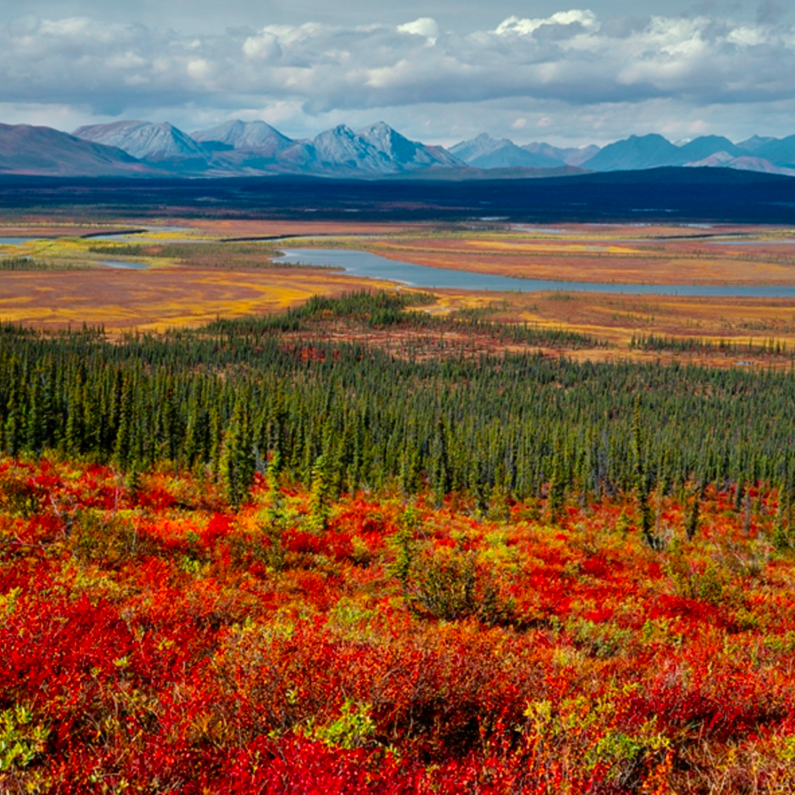overburden and rock flour : november ‘20
November pigment contributor, artist Nina Elder writes, “I started going to the Wrangell Mountains in Alaska not just because it is beautiful, but because it is dynamic. There, glaciers give form to mountains, and mountains are molded by mining. This tension there is palpable - between change and permanence, nature and human greed. Rock flour is the grey silt that is left after a glacier retreats. This Rock Flour is from the Root Glacier, a massive piece of ice that descends the face of Mount Blackburn, and that I have witnessed shrink and change over the years. The terminus of the glacier is at once playful and ominous - rocks plop into the lake, silty stretches feel like beaches, yet climate change is the premise for this reality.
‘Overburden’ is the term for the material that must be removed from a mine so that the miners can access the mineral deposit. It is piled up and discarded. This overburden comes from nearby the Root Glacier, not far from the birthplace of the Kennecott Corporation, one of the world's most powerful and exploitative corporations. I hike into these remote mining areas as a memorial to lost wilderness and a pilgrimage to where mountains and greed are inextricably linked.
contributor : nina elder
Artist and researcher Nina Elder creates projects that reveal humanity’s dependence on and interruption of the natural world. With a focus on changing cultures and ecologies, Nina advocates for collaboration, fostering relationships between institutions, artists, scientists and diverse communities. Her work takes many forms, including drawings, performative lectures, pedagogy and critical writing, long term community-based projects, and public art. see more at www.ninaelder.com
Photo by Nina Elder
Photo from the Gwich’in Steering Committee website www.ourarcticrefuge.org
22% donation recipient : Gwich’in Steering Committee
Funds from this month went to support the Gwich’in Steering Committee, which was formed in 1988 in response to proposals to drill for oil in the Arctic National Wildlife Refuge.The Gwich’in people are a tribe in the northern part of Alaska and Canada, the Gwich’in people have relied on the Porcupine Caribou Herd for thousands of years, for food, cultural and spiritual needs. The Porcupine Caribou Herd migrates to the Arctic National Wildlife Refuge-Coastal Plain every year where they give birth.
The Coastal Plain is sacred to the Gwich’in; it has been passed down from generation to generation and must be protected for future generations of both people and animals. This area is known to the Gwich’in as “Iizhik Gwats’an Gwandaii Goodlit” (The Sacred Place Where Life Begins). www.ourarcticrefuge.org
The donation was matched by composer and musician Darius Holbert, as part of his forthcoming work, An American Requiem: Elegy for the West.




